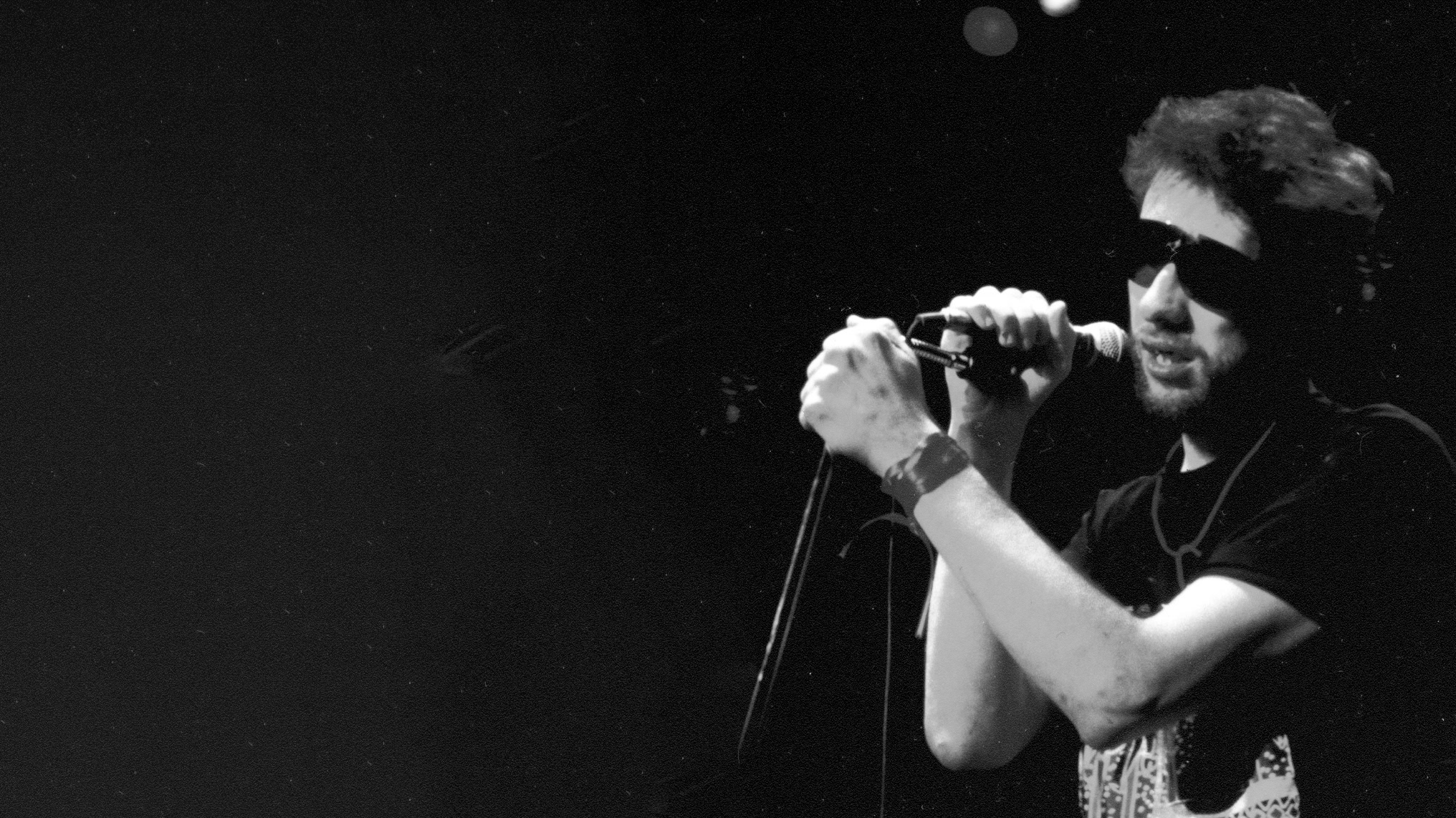The boisterous and oftentimes notorious frontman of the revolutionary Irish band The Pogues seemed to have spent his life sustained, almost against his every effort, by the heartbeat of Catholicism. Shane MacGowan was born on Christmas Day and died last month on the ancient feast of St. Andrew, the first Apostle, sharing the same date of death with fellow Irish Catholic writers Oscar Wilde and Patrick Kavanaugh.
He devoted himself to what Tennyson called “drinking life to the lees,” for better or for worse, and at times to a scandalous degree: he indulged in his Catholic inheritance, the catechism, and devotions to saints and the cross and Our Lady, but also in Buddhism and the principles of the Tao, preserving a prayer life steeped in a kind of soft pantheism. He is a legendary figure on account of his passions for his homeland, for great literature and poetry and the traditional songs of his fellow countrymen, and, perhaps most disreputably, for the reckless hedonism that typifies a life steeped in punk rock, with every known drink and drug. This last infamous indulgence curtailed his musical career and reduced his life drastically; though he got the better of his substance abuse years before his death, it is a true wonder he even made it to sixty-five. His life in many ways demonstrated the enduring lesson of original sin: you might be rescued from original sin by sanctifying grace, but you cannot escape its effects.
MacGowan’s singular achievement was to preserve traditional folk music through the medium of punk rock with The Pogues. Across the twentieth century, commercial music replaced the traditions of common songs shared in local cultures. MacGowan venerated the timeless canonical music of his fatherland and yet also revered the enthusiasm, irreverent spirit, and reckless drive of punk that enveloped his youth in the late 1970s. His genius lies precisely in employing punk as a vessel for reintroducing the authentic ethos of Irish folk to a postmodern audience via both traditional songs and his own songwriting. Indeed, on account of his legacy, he is numbered among the few individual artists of the last century who managed to preach the glories of folk music to multitudes around the world with overwhelming success. From brandishing number one Christmas hits (“Fairytale of New York”) to resurrecting dusty neglected pub anthems (“Dirty Old Town”), MacGowan and The Pogues gave the West hearty meat in a time of cultural porridge.
The beauty of the mere idea of divine life will always be lovely, even to those who reject it most ardently.
Irish folk songs are filled with national pride, harrowed by the timeless plights and pleasures of the working class, and haunted by the many tragic narratives of oppression that inhabit Irish history. MacGowan wrote songs in these very same veins, and he has been praised endlessly by critics and casual listeners for his penetrating lyricism. Despite the heavy tension between the mythical and enduring on the one hand and the fleeting and explosive on the other, there is tremendous overlap in the ageless music of Ireland with the world of punk music, a world characterized by destitution, social conflicts, and an undying zeal for freedom. What the poet Thomas Moore described in a song that has been an Irish standard for centuries, “The Minstrel Boy,” applies equally and completely to both genres, as MacGowan well knew:
No chains shall sully thee,
Thou soul of love and bravery!
Thy songs were made for the pure and free,
They shall never sound in slavery.
Thus The Pogues established a new tradition that has continued to thrive in the ensuing decades with such staples as Dropkick Murphys, Flogging Molly, and Young Dubliners, as well as fresh new bastions like The Mary Wallopers.

Catholic sensibilities inhabit MacGowan’s literary excursions, as was so typical with all the major Irish writers of the twentieth century. The Rosary, Midnight Mass, the Blessed Virgin Mary, and that particularly Augustinian insistence on the corruption of human nature all figure prominently within MacGowan’s songwriting. The desolation that perdures contemporary self-consciousness tortures all of his desperate characters. “The Sick Bed of Cúchulainn” with the “rattling death trains” and “The Old Main Drag” where the narrator is “beaten and mauled . . . spat on and raped and abused” are potent forays into the dumps of cities and spirits, and they reinforce MacGowan’s apparent operating principle: one is never far from a “fall from grace with God / Where no doctor can relieve me.” Yet hope never dissolves. Characteristic of MacGowan’s hope is “The Broad Majestic Shannon,” the ode to his home in County Tipperary by the River Shannon. Up and down the years of life, as memories of pain and sorrow increase and accrue, MacGowan steadfastly waits for the time of resolution, healing, and peace:
Take my hand and dry your tears, babe
Take my hand, forget your fears, babe
There’s no pain, there’s no more sorrow
They’re all gone, gone in the years, babe.
That many lonely hearts in this day and age are convinced that no doctor can relieve them is indisputable. Some may argue that there was no fall from grace at all; they were simply made that way. But though that spirit of despair longs to roam every corner of the world, grace never loses its charm. It may seem to be out of reach, or transient, or simply an illusion, but the beauty of the mere idea of divine life will always be lovely, even to those who reject it most ardently. That, in truth, could be the most enduring gift of Shane MacGowan’s music. No one can deny that grace is charming, even in theory; and if the theory is agreeable, how much more agreeable would it be if that theory corresponded with reality? How pleasant a surprise would that discovery be? For this I raise a glass to MacGowan, who, as artist, held out for that surprise, even when “the rivers all run dry.”
